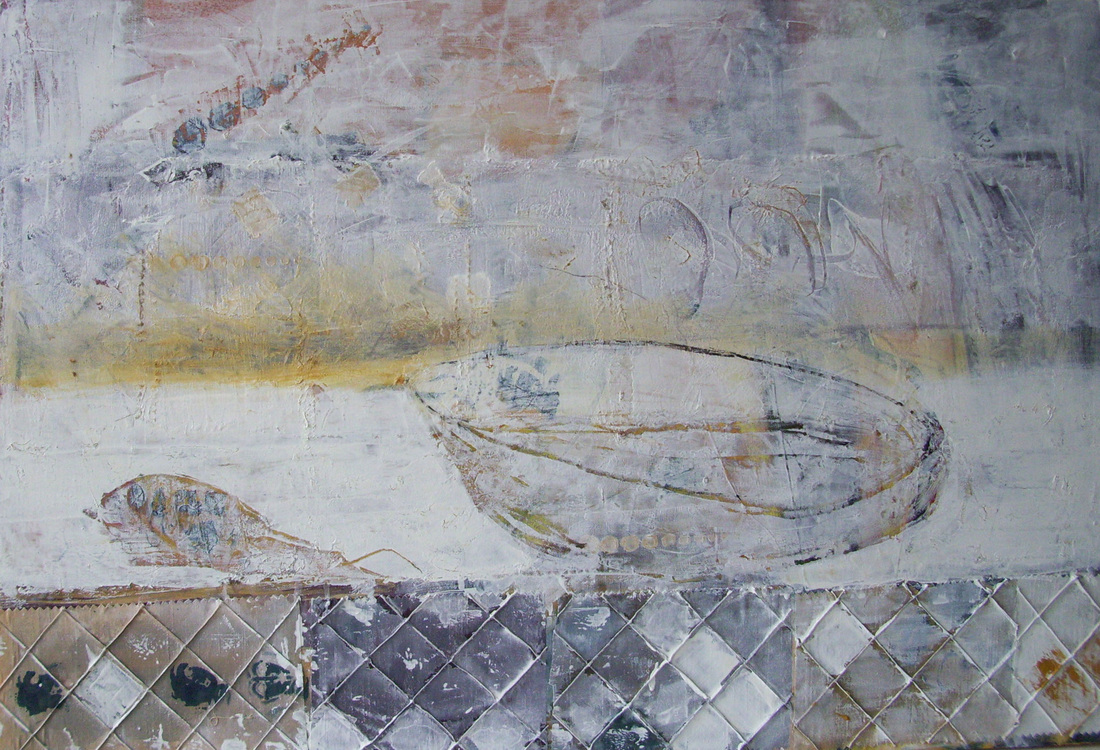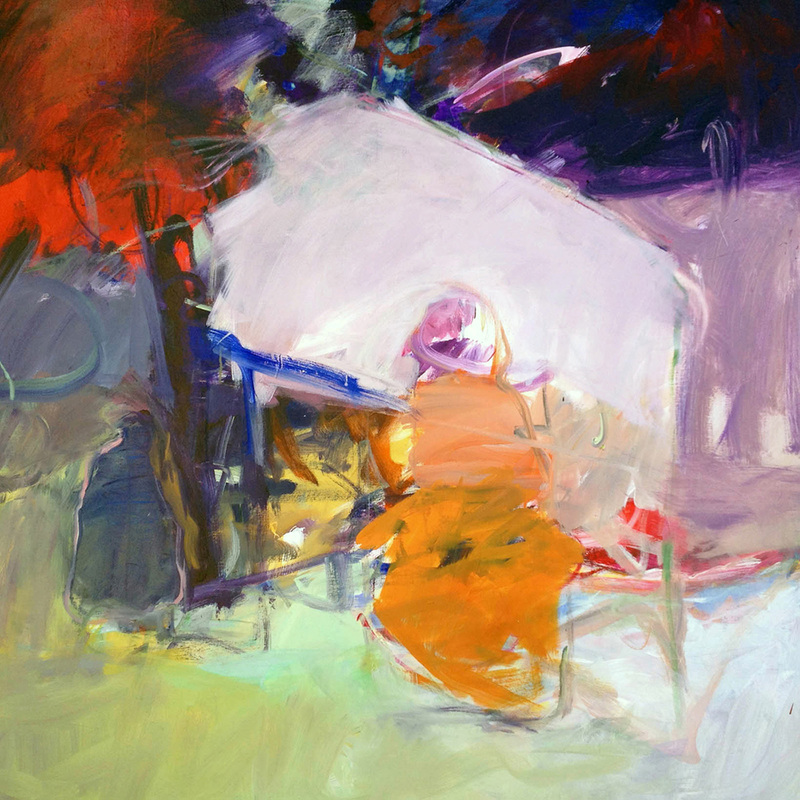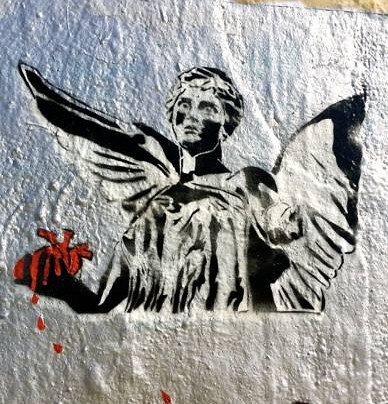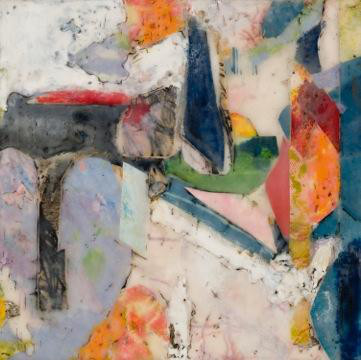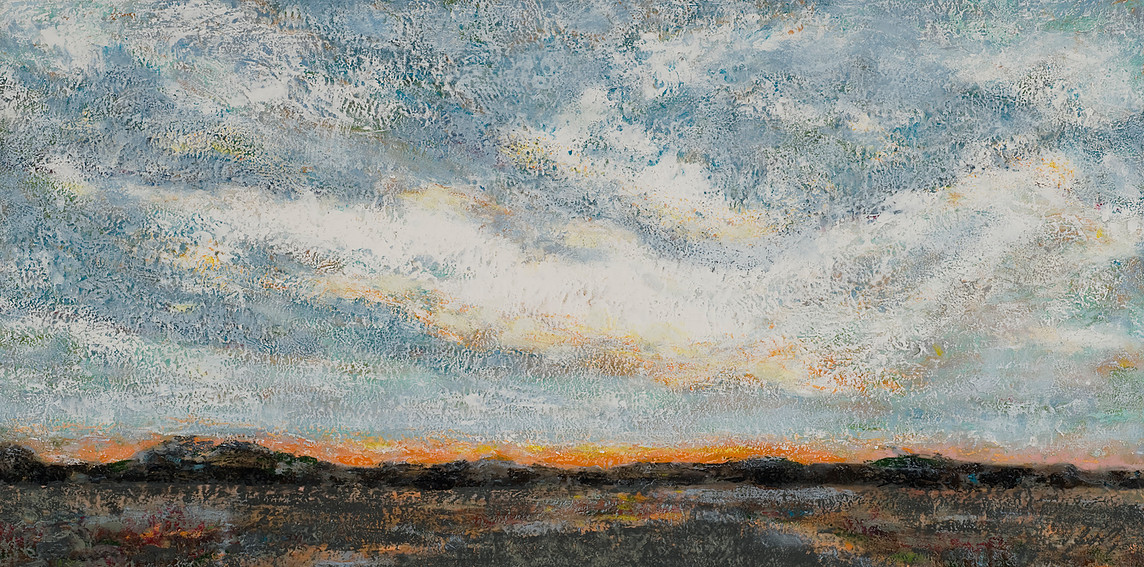
“Wooden House” Image courtesy of Dariusz Klimczak,
(See also “The 8th of May” by Daniel Nathan Terry from the Fall 2012 issue.)
Ruby’s grandparents, Nana and Papa, say, “Go upstairs and read,” before sliding into slumber on the couch. They nap several times each day.
Upstairs, she opens the window and shouts, “Mama, where did you go?” The wind carries her question away.
She digs her fists into her pockets. Mama would’ve cuddled with her on the couch. She would’ve made grilled cheese sandwiches shaped into little rectangles.
Nana and Papa show her the kindness offered to strangers; distant, polite. She’s never known her father; she doesn’t know his parents now. They shuffle and repeat sentences, they wheeze and count pills. They don’t know she’s allergic, extend sandwiches oozing with peanut butter and jelly.
This stuffy house unsettles Ruby. At night, strange whooshing, clinking sounds keep her awake.
Again, she cries, “Mama, where are you?”
This time, an oak tree waves, beckoning from the forest’s edge. The branches spread like fingers.
Grabbing her coat—it’s small for her seven-year-old frame—she pulls the front door shut behind her.
One morning, Mama hugged her goodbye and didn’t return. After, women wearing suits put her on a plane and said, “You’re going home.”
This is not home. How can it be, without Mama?
Home is sitting in the middle of unfolded laundry and watching The Wizard of Oz; home is tomato soup and chocolate chip cookies for dinner; home is the crimson of Mama’s nails. Ruby feels a pain in her belly, rubs it like Mama used to.
The women in suits hugged her, said, “Just know that your Mama’s in a better place.”
Her ears catch the musical murmur of leaves overhead. In moments, the neighboring trees pick up the chorus, awakening the forest to familiar music—Mama danced to this song. Ruby stretches her arms, closes her eyes. moves to a rhythm Mama has taught her: one-two-three, one-two-three.
An orchestra rises: wind whistling through hollow trees, the strum of bare branches beating out the right notes.
“Come,” the forest calls.
She obeys, walking deeper into the wood where the music continues to allure.
Then, the orchestra falters, the fumbling conductor has lost his baton. She hears irregular rhythms, twigs crackling, the thud of falling logs. A distant coyote howls; her heart freezes.
Thunder claps overhead, lights wink in the sky, and a deluge releases.
She must go back to Nana and Papa. When she swivels to look behind her, the trail’s vanished. Puddles of water snake away from her in every direction. Panicked, she lifts her gaze up to the canopy overhead.
“Mama!” she cries.
Which way should I turn?
“Walk forward,” Mama urges in her ear.
“Where?” Ruby whispers.
“Forward,” Mama says. “Careful! Walk, don’t run.”
She doesn’t heed Mama. Heart drumming, she sprints, soggy coat clinging, shoes squelching in the mud.
She slides and hits her head on a tree trunk. The bang pounds, throbs, brings tears.
Then, Mama’s instruction. “Take the rope ladder.”
With the back of her arm, Ruby wipes the drops from her eyes. They widen.
A ladder dangles before her, inviting her into the tree house above. She gasps, clambering with numb hands and feet.
Do coyotes climb?
She rolls up the ladder and breathes: sweating, listening. The micro burst’s gone. There’s nothing now—only leaf music. She runs a hand over the bump on her head. That’s real enough.
From her perch, she can see the edge of the forest, the chimney of her grandparents’ house. They’ll expect her.
Nah!
On the paint-chipped floor, an ancient patchwork quilt and a book: The Wonderful Wizard of Oz. She pulls the quilt over herself.
Mama’s led her home.
Sudha Balagopal‘s recent fiction appears in Ellipsis Zine, Spelk Fiction, Jellyfish Review, Lost Balloon, and Whiskey Paper among other journals. She is the author of a novel, A New Dawn, and two short story collections, There are Seven Notes and Missing and Other Stories. More at www.sudhabalagopal.com


